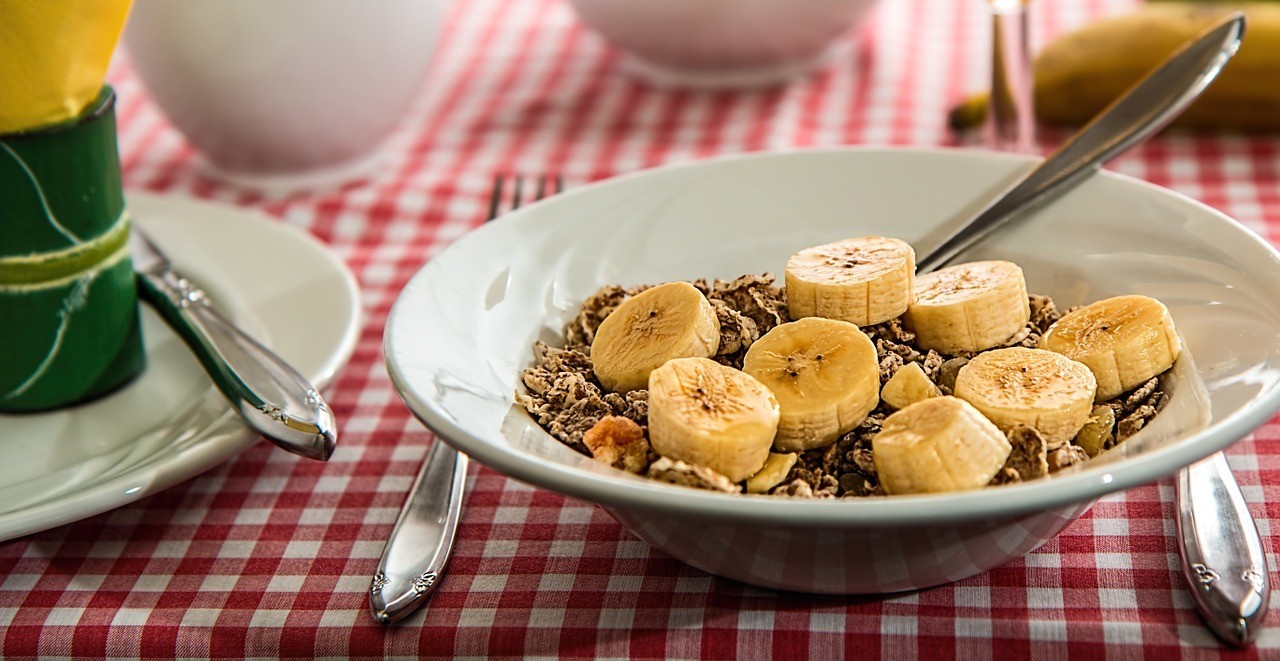Simple Common-Sense Strategies to Protect Healthy Vision
Your eyes are an important part of your health. There are many things you can do to keep them healthy and make sure you are seeing your best. Follow these simple steps for maintaining healthy eyes well into advanced age
1. Quit Smoking
Smoking can cause eye disease because it reduces blood flow to the eyes and increases your eyes’ absorption of toxic substances. Smoking increases the production of free radicals in the body which can negatively affect the quality of your vision.
You might like to try : 98% Success Rate Quit Smoking Program
2. Care for your cardiovascular system
High blood pressure can damage the miniscule blood vessels on the retina. You can maintain your blood pressure normal by avoiding fructose. According to a research by Dr. Richard Johnson, a chief of the division of kidney disease and hypertension at the University of Colorado, consuming 74 grams or more fructose in a day (equal to 2.5 sugary drinks) can increase your blood pressure by 77 percent.
Related: Control Your Blood Pressure Naturally
3. Normalize your blood sugar
High blood sugar levels can obstruct the blood flow in the retina and also damage the blood vessels in your retina. Consistently high blood sugar levels can cause blurred vision or difficulty seeing at night.
4. Eat plenty of fresh dark green leafy vegetables, especially kale
Studies have found that regular consumption of green leafy vegetables can significantly improve your eye health. These vegetables are abundant in lutein and zeaxanthin which can improve the quality of your vision.
Related: Pharmacy in Vegetables
5. Get plenty of healthy omega-3 fat
A study published in the August 2001 issue of Archives of Ophthalmology found that omega-3 fatty acids can protect your vision. However, fish is no longer the best source of omega-3 fats since the pollution on fish farms is on high levels. Krill oil is extremely beneficial and it contains astaxanthin.
6. Avoid trans fats
These fats can lead to macular degeneration. They are commonly found in processed food and baked goods, including fired foods, fried chicken, margarine, doughnuts, cookies, pastries and crackers.
7. Avoid aspartame
One of the many acute symptoms of aspartame poisoning is problems with eyesight.
8. Antioxidants—Your Greatest Allies for Healthy Eyes
Antioxidants play a key role in protecting your body from damage that free radicals may cause. Several antioxidants have been proved as particularly beneficial:
- Lutein
- Zeaxanthin
- Black currant anthocyanins
- Astaxanthin
LUTEIN HELPS PROTECT CENTRAL VISION
The first two antioxidants are found in the macula lutea and their roles are :
- To absorb excess photon energy, and
- To quench free-radicals before they damage the lipid membranes
The highest concentration of lutein in your eyes is found in the macula- the central part of the eye retina which is responsible for straight-ahead and detailed vision. More precisely, lutein is found in the macular pigment and it protects the central vision.
Lutein is a naturally occurring carotenoid which can be found in green leafy vegetables and in yellow and orange fruits.
ASTAXANTHIN—POWERFUL PROTECTION AGAINST TWO LEADING FORMS OF BLINDNESS
- Astaxanthin is the most beneficial carotenoid for eye health and for prevention of blindness.
- It is more powerful than lutein and zeaxanthin, and can protect from various vision-related problems, such as:
Cataracts
Age-related macular degeneration(ARMD)
Diabetic retinopathy
Glaucoma
Retinal arterial occlusion
Venous occlusion
Cystoid macular edema
Inflammatory eye diseases (i.e., retinitis, iritis, keratitis, and scleritis)
Therefore, this powerful antioxidant can protect you from macular degeneration, cataracts and diabetic retinopathy.
It is recommended that you take 2 to 4mg of astaxanthin on daily basis.
KEY TAKEAWAYS
Source: recipesfornaturalremedies.com
Here, Cleveland Clinic ophthalmologist Richard Gans, MD, shares 15 incredible facts about your eyes:






![Day 3 – Finding The Key to Your Creativity [Oprah and Deepak Chopra Teachings]](https://www.forevernaturalwellness.com/wp-content/uploads/2017/04/timeless-150x150.jpg)

![Grateful Me – [Oprah & Chopra Desire and Destiny Meditation Experience]](https://www.forevernaturalwellness.com/wp-content/uploads/2017/08/grateful3-150x150.jpg)




